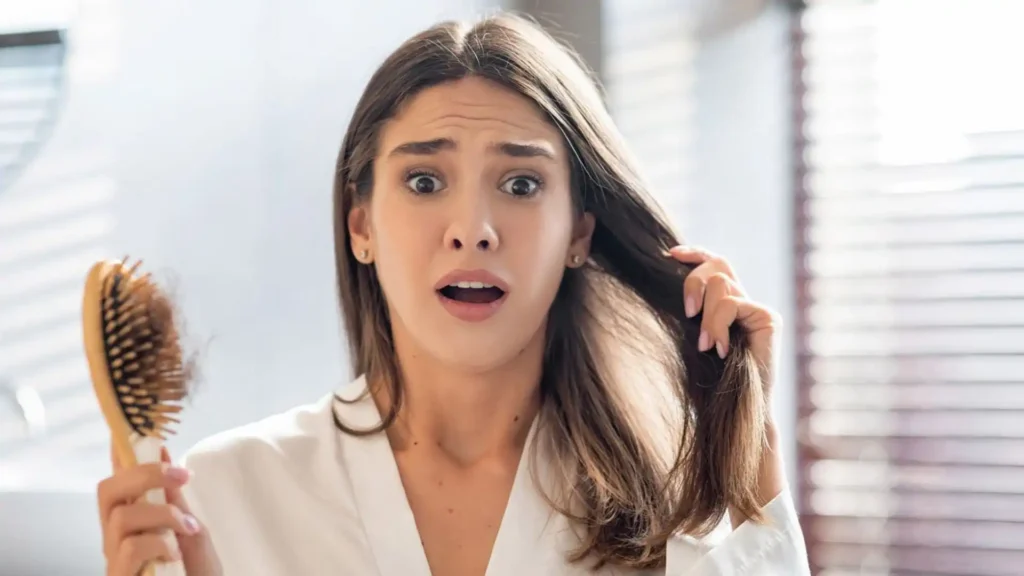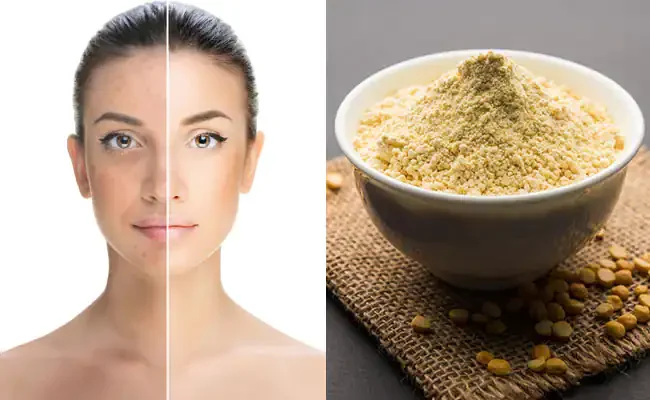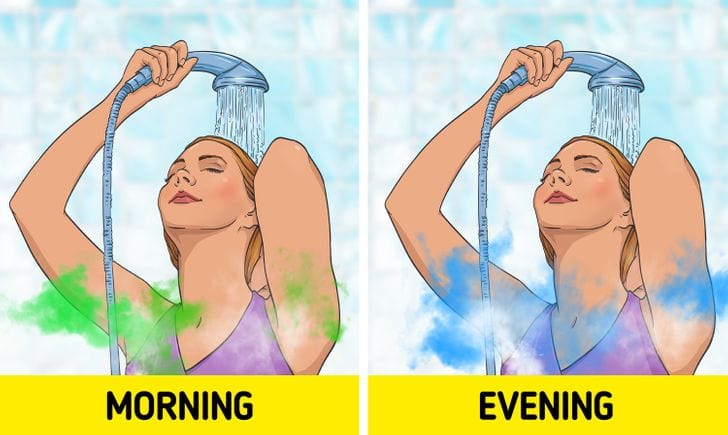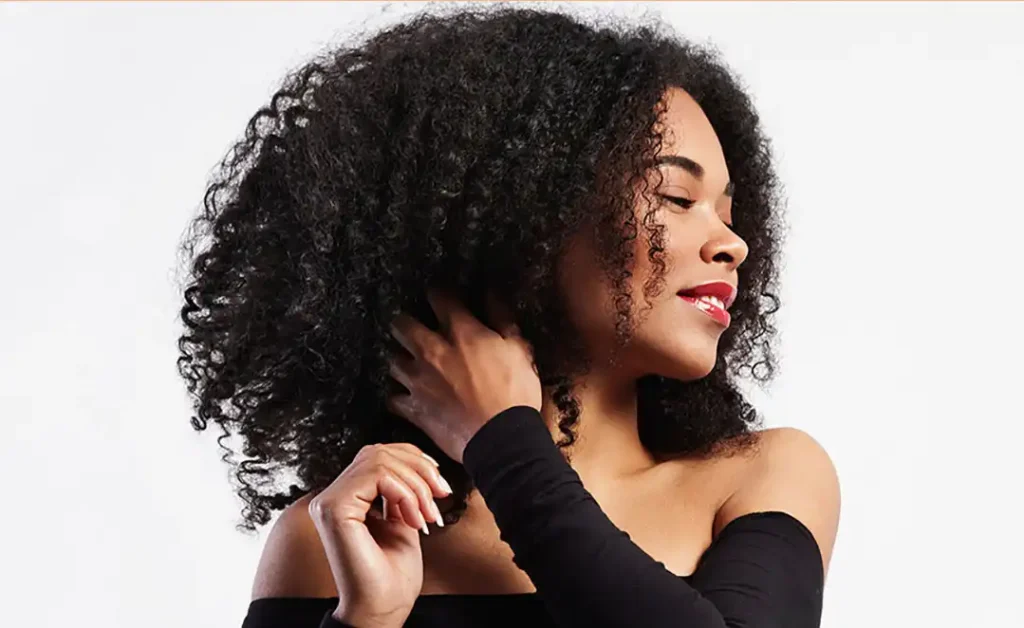Hair loss is a topic that often sparks concern and curiosity. Whether you’re noticing a few extra strands in your hairbrush or experiencing significant thinning, understanding the causes and finding effective solutions can feel like navigating a labyrinth. This article delves deep into the realm of hair loss, offering insights, practical advice, and answers to some of the most pressing questions on this subject. Buckle up as we embark on a journey to uncover the secrets of hair loss.
The Underlying Causes of Hair Loss
Hair loss, or alopecia, can be attributed to a myriad of factors. It’s not just about what’s happening on your scalp; it often involves a complex interplay of genetics, lifestyle, and health conditions.
Genetic Factors: The Inherited Traits
- Family History: One of the most common culprits behind hair loss is genetics. If your parents or grandparents experienced hair loss, chances are, you might too.
- Androgenetic Alopecia: This type of hair loss, also known as male or female pattern baldness, is linked to genetic predisposition and hormonal changes. It’s characterized by a receding hairline in men and thinning hair in women.
Health and Hormonal Imbalances
- Hormonal Changes: Hormones play a pivotal role in hair growth and loss. Conditions like pregnancy, childbirth, menopause, and thyroid issues can trigger hair loss.
- Medical Conditions: Diseases such as alopecia areata, an autoimmune disorder, cause patchy hair loss. Other illnesses, including diabetes and lupus, can also contribute to hair thinning.
Lifestyle and Environmental Influences
- Diet and Nutrition: A poor diet lacking essential nutrients like iron, protein, and vitamins can lead to weakened hair follicles and subsequent hair loss.
- Stress: Chronic stress elevates hormone levels that disrupt the hair growth cycle, often resulting in temporary hair loss.
- Hair Care Practices: Over-styling, using harsh chemicals, and excessive heat can damage hair and lead to breakage and loss.
Exploring Effective Treatments for Hair Loss
Once you understand the root cause of your hair loss, exploring effective treatments becomes the next logical step. Fortunately, there’s a broad spectrum of solutions available, ranging from medical treatments to natural remedies.
Medical Interventions
- Medications: Drugs like Minoxidil (Rogaine) and Finasteride (Propecia) are FDA-approved for treating hair loss. These medications can slow down hair loss and, in some cases, promote new hair growth.
- Hair Transplant Surgery: For more advanced hair loss, surgical options like follicular unit transplantation (FUT) or follicular unit extraction (FUE) can offer significant results.
- Laser Therapy: Low-level laser therapy (LLLT) has shown promise in stimulating hair follicles and encouraging hair growth.
Natural Remedies and Lifestyle Changes
- Balanced Diet: Ensure your diet is rich in hair-friendly nutrients such as biotin, iron, zinc, and vitamins A, C, and E.
- Scalp Care: Regular scalp massages can improve blood circulation and stimulate hair growth. Using gentle, natural hair care products also helps maintain scalp health.
- Stress Management: Incorporate stress-reducing practices like yoga, meditation, or regular exercise to keep stress levels in check.
Alternative Treatments
- Herbal Supplements: Some studies suggest that herbs like saw palmetto, ginseng, and rosemary oil can support hair growth.
- Acupuncture: This traditional Chinese medicine technique may help by improving blood flow and balancing hormones.
Preventive Measures and Maintenance
Preventing hair loss before it starts is always preferable to treating it afterward. Here are some proactive steps to maintain a healthy mane.
Healthy Hair Care Routine
- Gentle Handling: Avoid aggressive brushing, tight hairstyles, and frequent use of heat-styling tools.
- Regular Trims: Keep your hair ends healthy with regular trims to prevent split ends and breakage.
- Suitable Products: Use shampoos and conditioners suitable for your hair type and avoid products with harsh chemicals.
Nutrition and Supplements
- Hair-Supporting Foods: Incorporate foods like eggs, nuts, seeds, fish, and leafy greens into your diet.
- Supplements: Consider taking hair-specific supplements like biotin, folic acid, and omega-3 fatty acids.
Mind and Body Wellness
- Regular Exercise: Engage in physical activities to enhance overall health and improve blood circulation to the scalp.
- Adequate Sleep: Ensure you get enough rest, as sleep is vital for cell regeneration and repair.
FAQs about Hair fall
What causes sudden Hair fall?
Sudden Hair fall can be caused by various factors, including stress, hormonal changes, medications, or underlying health conditions like thyroid disorders or alopecia areata.
Can diet affect Hair fall?
Absolutely! A diet lacking essential nutrients like iron, protein, and vitamins can weaken hair follicles, leading to Hair fall. Eating a balanced diet is crucial for maintaining healthy hair.
Are there any natural remedies for Hair fall?
Yes, several natural remedies may help, such as scalp massages with essential oils, using herbal supplements like saw palmetto, and maintaining a nutrient-rich diet.
How effective are hair transplant surgeries?
Hair transplant surgeries can be highly effective, especially for those with significant Hair fall. However, results vary based on individual factors, and it’s essential to consult with a specialist to determine if it’s the right option for you.
Can stress cause Hair fall?
Indeed, chronic stress can disrupt the hair growth cycle, leading to temporary Hair shedding. Managing stress through relaxation techniques, exercise, and a healthy lifestyle is important for preventing Hair shedding
Conclusion
Hair shedding, while concerning, is a common issue that many face at some point in their lives. Understanding the underlying causes, exploring effective treatments, and adopting preventive measures can make a significant difference in managing Hair shedding. Whether you choose medical interventions, natural remedies, or lifestyle changes, remember that maintaining a healthy scalp and body is key to preserving your hair. Stay informed, be proactive, and don’t hesitate to seek professional advice when needed.
By taking control of your hair health, you can navigate the complexities of Hair shedding with confidence and ease.
Discover more trends:
- Rachel Green Outfits: Timeless Styles You Can Wear Today
- Why Travis Kelce Missed Taylor Swift’s Madrid Eras Shows
- Taylor Swift’s Concert Wardrobe Malfunction: How She Handled It with Grace and Humor
- Why Travis Kelce Missed Taylor Swift’s Revamped Eras Tour Return in Paris
- Follow us on Facebook
- Follow us on Pinterest





